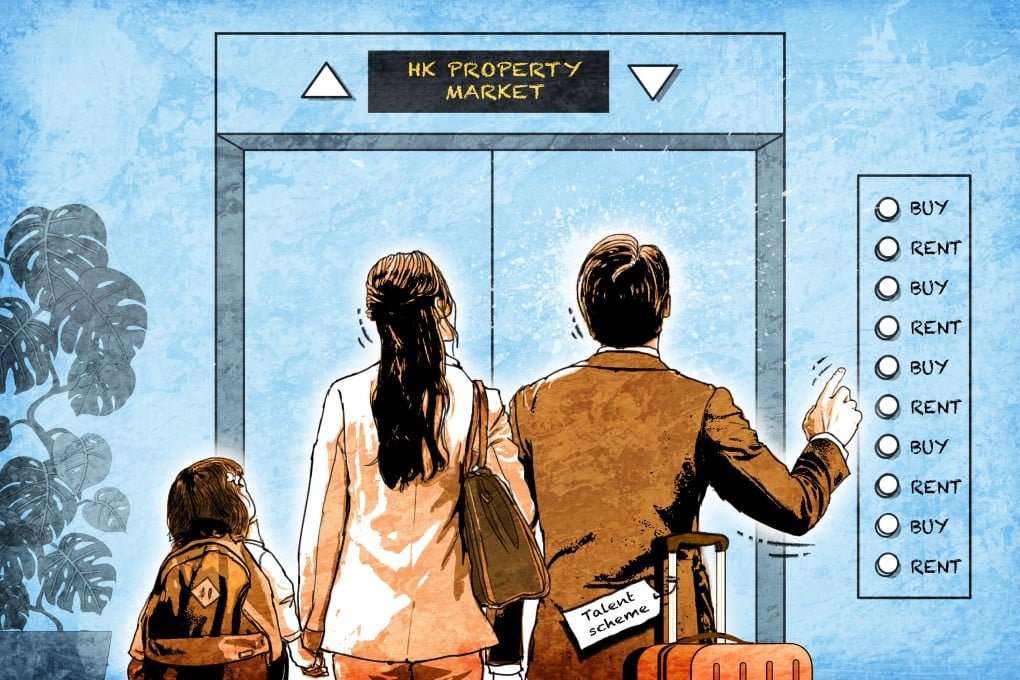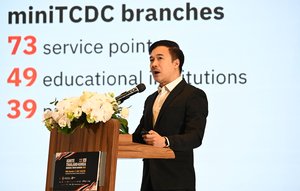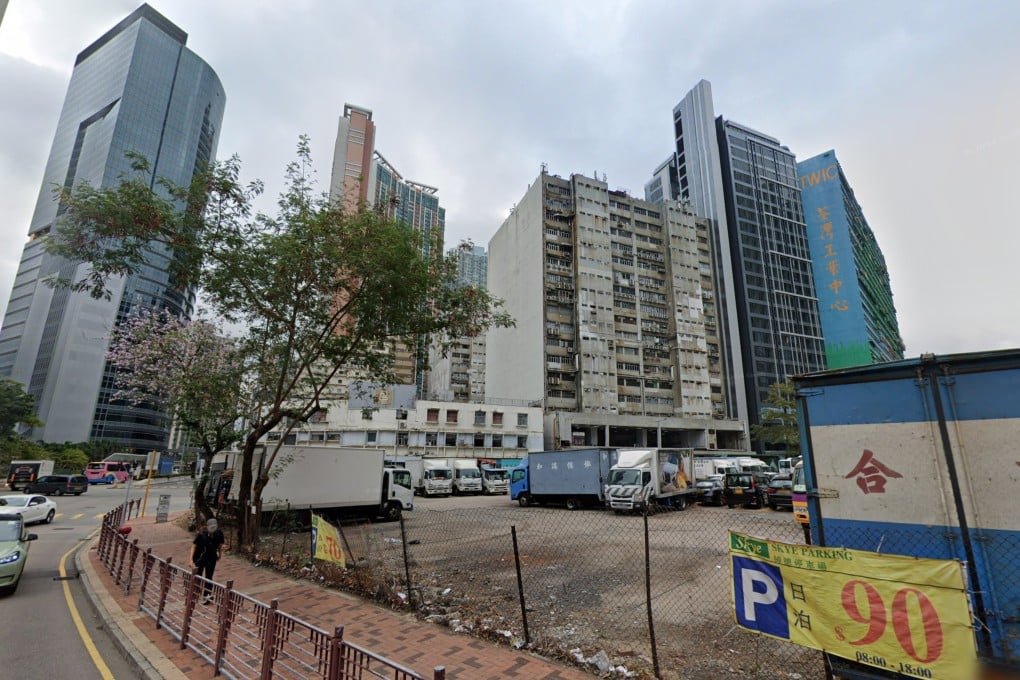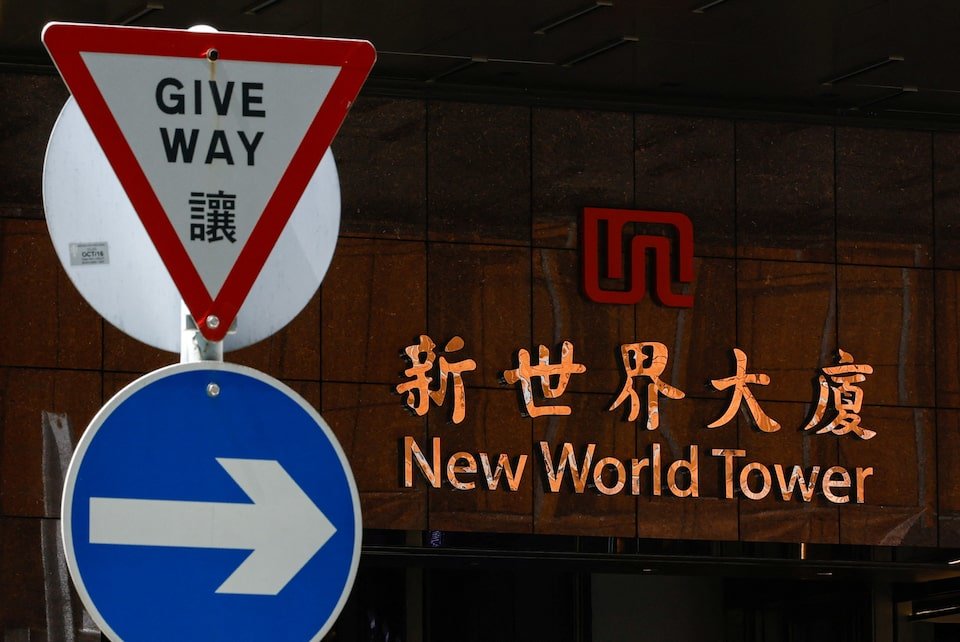
Their two sons, both aged ten, settled quickly into an international school nearby and the family says they intend to stay long-term.
They represent a wave of nearly 90,000 professionals admitted since the initiative’s launch in late 2022, many bringing families and renting homes across the city.
The scheme—designed to attract high-income earners and graduates of top universities—has drawn significant numbers.
Official data show that by the end of 2023 around 65,000 applications had been submitted, with thousands arriving to join Hong Kong’s workforce and rental market.
For the housing sector, the implications are substantial.
Rents have reached record highs with the influx of newcomers hungry for quality housing and schools, and analysts observe that demand is shifting from local household formation—an historically shrinking segment—to external professionals.
One veteran property strategist estimates that mainland-investors may soon exceed 50 per cent of all transactions, with talent-scheme arrivals forming a core element.
Yet the transition from renting to home buying remains uncertain.
Many of the new arrivals say purchasing a property is a future goal after settling children and careers.
While the government offers stamp-duty relief to eligible new-comers under the scheme, local data show that many are still in rental units and only a minority have converted into buyers.
Some policy observers caution that the scheme’s long-term success will depend on retention—whether these professionals stay beyond their initial visas—and their integration into the housing market in ways that support stable home-ownership rather than speculative demand alone.
Others point to challenges: local residents feeling squeezed in rents, schooling and housing, and the risk that high-income newcomers reshape the property market in ways that outpace broader affordability.
With Hong Kong’s residential market at a pivotal juncture—home-ownership among local families stagnating as birth rates fall—the talent-scheme arrival cohort offers both an opportunity and a test.
If they convert from renters to homeowners, they could form a durable foundation for housing demand.
If not, the scheme risks anchoring a new rental population rather than building roots.
For now, families like the Chens are signing long leases and placing children in schools.
Home-purchase decisions may come later, but their intent to stay in the city suggests a meaningful shift in Hong Kong’s demographic and housing trajectory.
































